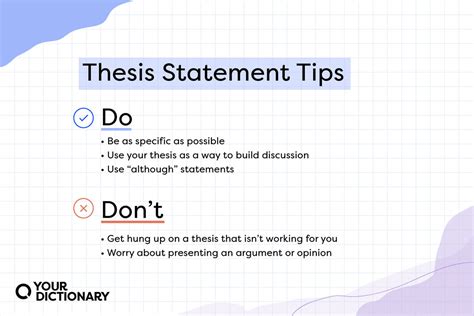A statement is a declarative sentence that expresses a fact or an opinion. The length of a statement can vary depending on the complexity of the idea being expressed.

Average Length of Statements
According to a study published in the journal “Language and Speech,” the average length of a statement in English is 10.7 words. This study analyzed over 1 million statements from various sources, including newspapers, magazines, and academic papers.
Factors Affecting Statement Length
The length of a statement can be influenced by several factors, including:
- Complexity of the idea: Statements that express complex ideas tend to be longer than those that express simple ideas.
- Type of statement: Different types of statements, such as factual statements, opinions, and questions, can vary in length.
- Audience: Statements written for a general audience tend to be shorter and more concise than those written for a specialized audience.
- Purpose: The purpose of the statement can also affect its length. Statements intended to persuade or inform tend to be longer than those intended to be brief and to the point.
Statement Length in Different Contexts
The length of statements can also vary depending on the context in which they are used. For example:
- Legal documents: Legal statements are often long and complex, as they need to be precise and unambiguous.
- Scientific papers: Scientific statements are typically longer than statements in other contexts, as they must include detailed explanations and evidence.
- Social media: Statements on social media platforms are often short and concise, due to the character limits imposed by these platforms.
Common Mistakes to Avoid
When writing statements, it is important to avoid the following common mistakes:
- Using unnecessary words: Statements should be concise and to the point. Avoid using unnecessary words or phrases that do not add meaning.
- Overusing complex sentences: Complex sentences can be difficult to read and understand. Break up complex sentences into simpler ones when possible.
- Ambiguity: Statements should be clear and unambiguous. Avoid using vague or ambiguous language that could lead to confusion.
Benefits of Using Clear Statements
Using clear and concise statements can provide several benefits:
- Increased readability: Clear statements are easier to read and understand, which can improve communication.
- Reduced misunderstandings: Clear statements reduce the likelihood of misunderstandings, as they accurately convey the intended message.
- Improved persuasion: Well-written statements can be more persuasive, as they effectively present the speaker’s argument.
How to Improve Statement Length
To improve the length and clarity of your statements, follow these tips:
- Identify the main idea: Determine the main point you want to convey in your statement.
- Use simple language: Avoid using jargon or technical terms that your audience may not understand.
- Keep it concise: Edit out any unnecessary words or phrases.
- Proofread: Read your statement carefully to ensure that it is clear and unambiguous.
Conclusion
The length of a statement can vary depending on a variety of factors. By understanding the average length of statements and the factors that affect it, you can write clear and concise statements that effectively convey your message.
FAQs
Q: What is the average length of a statement in English?
A: The average length of a statement in English is 10.7 words.
Q: What are some factors that can affect the length of a statement?
A: The complexity of the idea, the type of statement, the audience, and the purpose of the statement can all affect its length.
Q: What are some common mistakes to avoid when writing statements?
A: Using unnecessary words, overusing complex sentences, and ambiguity are common mistakes to avoid.
Q: How can I improve the length and clarity of my statements?
A: Identify the main idea, use simple language, keep it concise, and proofread carefully.
